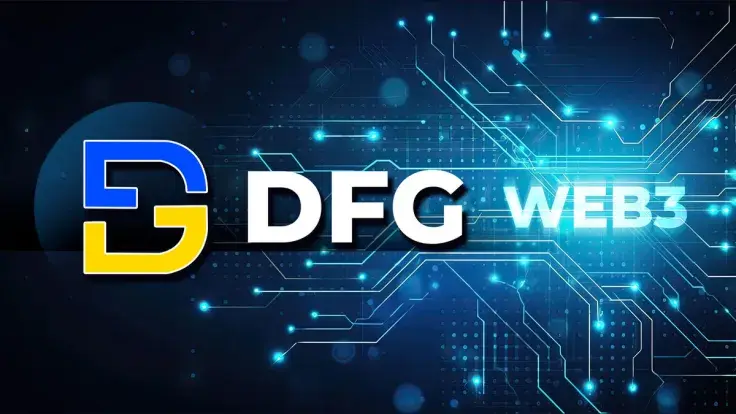
Disclaimer: The opinions expressed by our writers are their own and do not represent the views of U.Today. The financial and market information provided on U.Today is intended for informational purposes only. U.Today is not liable for any financial losses incurred while trading cryptocurrencies. Conduct your own research by contacting financial experts before making any investment decisions. We believe that all content is accurate as of the date of publication, but certain offers mentioned may no longer be available.
As of 2024, AI is making searching the internet even more accessible. Rather than searching through a sea of URLs, users can get an answer to their queries nearly instantaneously.
However, the convenience search engines provide the rest of the internet does not seem to be reaching the blockchain. To this day, searching and retrieving on-chain blockchain data remains a unique challenge across the industry. This obstacle has impeded the development of decentralized applications (dApps) that could offer valuable services across sectors.
Understanding blockchain indexers: Basics and motivation
Without efficient access to on-chain data, building dApps becomes cumbersome, hindering their potential to interact effectively with data.
Investigating this question, leading Web3 investment firm DFG shared a report titled “The Evolution of Data Access in Web3,” highlighting crucial yet often overlooked aspects of the crypto landscape: data accessibility and the role of blockchain indexes.
James Wo, DFG’s Founder and CEO, stresses the importance of such solutions in the AI era:
The integration of AI with indexers holds promise for enhancing data accessibility and usability in blockchain ecosystems. By leveraging AI technologies, indexers can provide more efficient and accurate data retrieval, enabling developers to build more sophisticated dApps and analytics tools. As AI and indexers continue to evolve together, we remain optimistic about the future of data indexing and its role in shaping the decentralized digital landscape.
Advertisement
The report navigates the complexities surrounding data accessibility and blockchain indexers, offering a roadmap to help users understand and navigate the ever-expanding landscape of crypto.
Blockchain indexers are the ultimate alternative to traditional Remote Procedure Call (RPC) node providers. They streamline data retrieval processes, facilitate complex queries and are efficient while curbing expenses. Indexers come in various forms — from full node to lightweight, dedicated and aggregating — each tailored for unique cases and the needs of multiple networks.
Blockchain data is stored in a distributed and decentralized manner, making it difficult to access data quickly. However, blockchain indexers provide a way to make data accessibility easier, helping to extract necessary data from the blockchain and create an index that can be easily searched.
Blockchain indexers simplify access to on-chain data
In the past, retrieving blockchain data was costly and arduous, often involving dApp developers maintaining archival nodes or relying on commercial RPC node providers. However, blockchain indexers have changed how data is retrieved, systematically organizing and indexing on-chain data for seamless querying through standardized interfaces.
Blockchain indexers play a role across various dApp sectors, from DeFi and gaming to NFT platforms and social networks, as these platforms require data to be read before they can execute other transactions.
When picking a suitable indexer, developers must consider several factors, including data customizability, speed, scalability and support networks. For example, indexer data must be secure, as the dApps built on indexers are prone to attacks; therefore, they must maintain data integrity, making it tamper-proof to preserve the confidentiality and privacy of information.
When asked about leaders in the burgeoning space, Wo added:
In the realm of indexer solutions, Subsquid has shown significant progress with its performance and user metrics. Users have already begun experimenting with Subsquid to build AI agents, showcasing the platform's versatility and potential in the evolving landscape of data indexing. Additionally, tools such as AutoAgora facilitate indexers in offering dynamic pricing for query services on The Graph using AI, while SubQuery supports multiple AI networks like OriginTrail and Oraichain for transparent data indexing.
Blockchain indexers have the potential to grow in popularity through the integration of AI. By utilizing capabilities in data analysis, pattern recognition and prediction, AI can sift through various amounts of data and extract meaningful insights to optimize processes and enhance accessibility and usability. As AI-driven solutions continue evolving, the future of data indexing appears promising, creating a decentralized landscape ripe with opportunities.
 Vladislav Sopov
Vladislav Sopov Dan Burgin
Dan Burgin